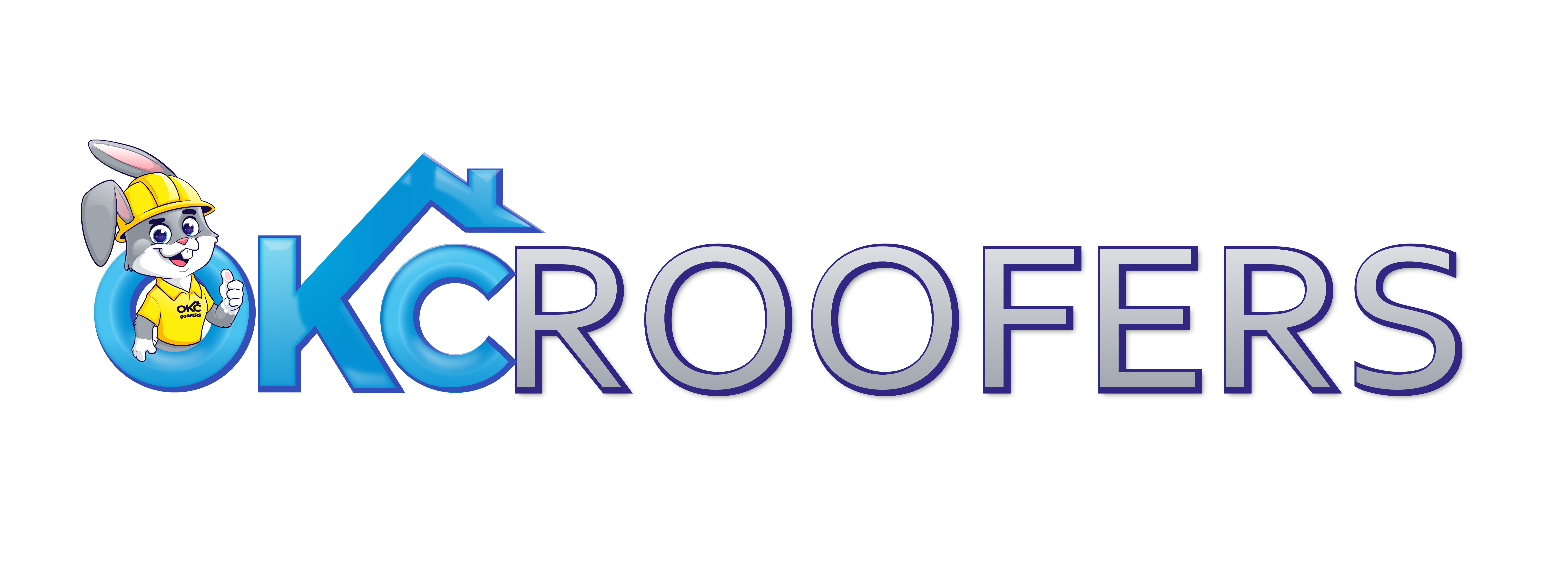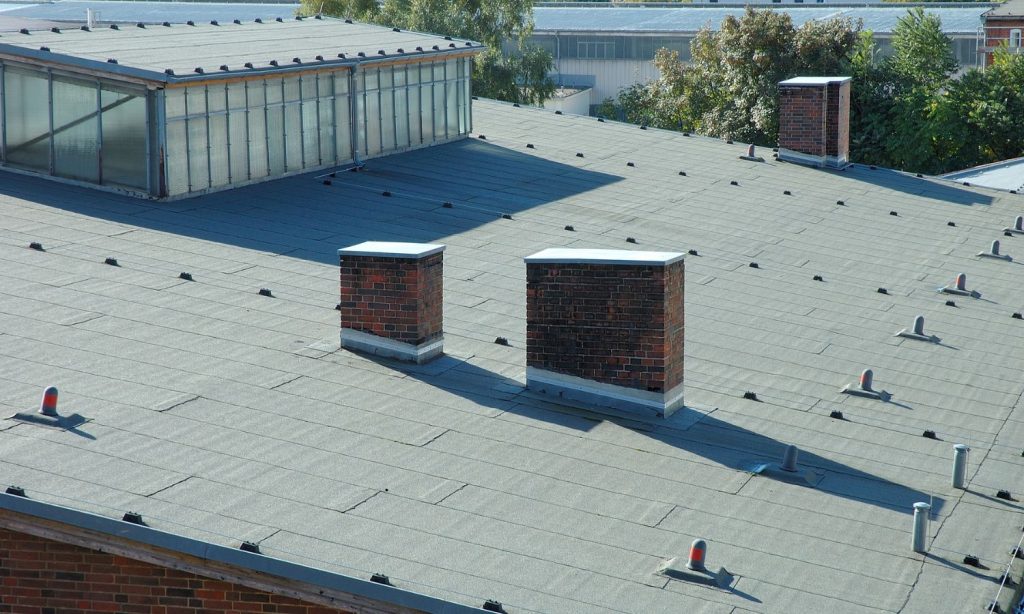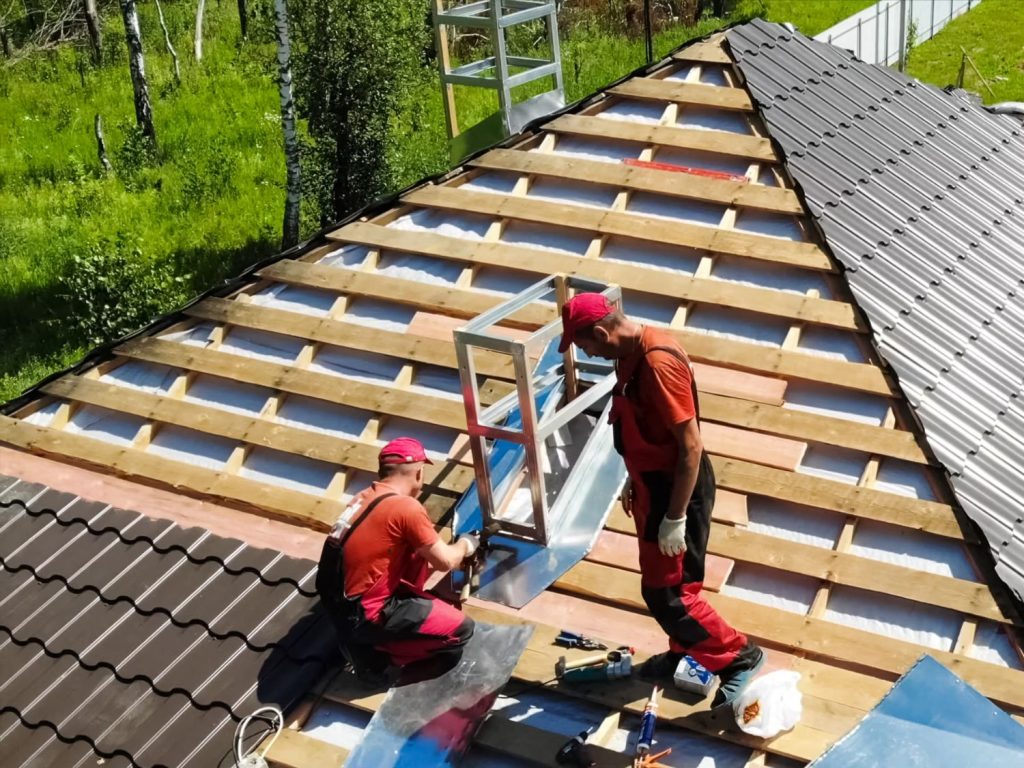Introduction
Finding a solid commercial roofing contractor feels a lot like picking the crew to build your dream sneaker wall. You want people who actually know the craft, not folks guessing their way through the job, especially when you’re evaluating specialists like a membrane roofing contractor for complex commercial systems.
A commercial roof protects your building, your team, and your cash flow. Choosing the wrong roofer can leave you with leaks, delays, and repair bills that hit harder than a bad Monday. This guide shows you how to pick the right pro with zero stress. Many business owners also think about budgeting early on, especially when comparing bids and researching the average roof replace cost Choctaw ok so expectations stay realistic, or even learning what the cheapest roofing material for house projects might be for comparison.
What is the most reliable way to choose a trustworthy commercial roofing contractor?
Check licensing, insurance, certifications, reviews, experience, materials, and warranties. A reliable commercial roofer is transparent, qualified, and proven through past projects.
Key Takeaways
- A good commercial roofing contractor must have licensing, insurance, and manufacturer backed certifications.
- Experience with commercial systems like TPO, EPDM, metal, and flat roofs is non negotiable.
- Reviews, references, and past project portfolios reveal real skill and service quality.
- Low bids often signal cheap materials or rushed work.
- Clear communication, strong warranties, and long term support separate real pros from risky picks.
Why Hiring the Right Commercial Roofing Contractor Matters
A commercial roof is a long game. You want it built right so it stays chill for years. A contractor who knows their stuff keeps your building safe and your business running without constant roof drama.
Good work saves you from constant repairs and surprise shutdowns. A proper install also stretches the lifespan of the roof so you avoid expensive replacements too soon. The right roofer protects your money and your peace.
Check Licensing, Insurance, and Certifications
Start with the basics. A licensed contractor shows they play by the rules and follow local guidelines. That little card proves they passed the right checks instead of working on chance and confidence.
Insurance is non negotiable. A solid contractor carries general liability and workers compensation, backed by proper roofing contractor insurance that protects you if accidents or property damage happen on site. If something goes sideways on the job, you’re not stuck covering damage or injuries. This keeps your business safe from surprise costs.
Certifications are where things get real. Big brands like GAF and CertainTeed give their stamp only to pros who know how to install their systems. A contractor with these certifications has put in the reps and knows how to handle different materials the right way. This also means you get access to better warranties and higher quality installs.
Evaluate Experience in Commercial Roofing Projects
Experience hits different in the commercial world. You want someone who has worked on flat roofs, metal systems, TPO, EPDM, and the mixes in between. Commercial roofs need skill, planning, and real knowledge of how these materials behave.
Ask for photos of past jobs so you can see their drip in action. A good contractor will also happily share references from businesses they have worked with. Talking to past clients gives you a real feel for their quality, speed, and attitude.
Local knowledge matters too. Someone who works in your area understands local codes and weather patterns. They know what survives storms, sun, and temperature swings. It’s the cheat code for fewer headaches later.
Check Reputation and Reviews
Look at their online footprint. Google, BBB, and Yelp show you the vibe of past customers. You want consistent praise, not a hit or miss record. A contractor with a strong name usually keeps it for a reason.
Case studies help you see how they handled real commercial jobs. Testimonials also add context so you understand how they communicate and deliver results.
Watch for red flags like complaints that never got resolved or contractors who dodge questions about references. Good companies stand behind their work and don’t run from their past.
Compare Bids but Don’t Choose Based on Price Alone
Price matters, but it’s not the whole story. A super low bid often means cheaper materials or rushed labor. That looks good now but hits your wallet later when the roof starts misbehaving.
Ask for a detailed written estimate. It should outline materials, labor, timelines, and any extra services. This transparency keeps you from getting surprise charges that feel like a trap.
Pay for quality, not shortcuts. A roof that lasts saves more in the long run than a cheap install that needs fixes every season. Strong warranties also add value because they cover issues without draining your budget.
Review Materials, Techniques, and Warranties
High quality materials make the biggest difference in how long your roof stays strong. Ask what brands and types they use so you know exactly what you’re paying for.
Installation techniques matter too. A contractor should explain how they set up the roof, how they handle seams, and how they manage drainage. Their crew should follow real safety protocols, not vibes and hope.
There are two types of warranties you need to understand. A workmanship warranty covers mistakes made during installation. A manufacturer warranty covers issues with the materials. The dream combo is when a contractor offers both.
Communication and Professionalism Matter
A contractor who communicates clearly makes your life easier. You want someone who gives updates without being pushed, answers questions fast, and shows respect for your schedule.
Professionalism shows up in the details. Look for clean proposals, organized timelines, and a crew that arrives prepared. Uniforms and branded vehicles also say a lot about the pride they take in their work.
If they’re sloppy with communication before the job starts, imagine what the project will look like halfway through. Keep the contractor who treats the process like it matters.
Ask About Maintenance and After Service Support
A good commercial roof needs maintenance just like a car needs oil changes. Ask if the contractor offers inspections and repair services after the main job is done. This helps catch small issues before they turn into expensive problems.
Maintenance plans also extend the life of your roof. Partnering with a contractor long term keeps your building protected and saves your budget from surprise hits.
Final Tips for Making the Right Choice
Look at the full picture. You want a contractor with real experience, great communication, strong reviews, and solid warranties. Take time to compare quotes from different companies so you understand your options.
Trust the contractor who brings skill and service, not just a pretty number on paper. Your business deserves the pros.
FAQs
1. How do I know if a commercial roofing contractor is legit?
A legit contractor has a valid license, proper insurance, and real certifications from known manufacturers. If they avoid sharing documents or references, that is your sign to walk.
2. What questions should I ask a commercial roofing contractor before hiring?
Ask about their experience with your roof type, the materials they use, timelines, warranties, and crew training. You want answers that feel clear and confident, not vague guesses.
3. Why do commercial roofing quotes vary so much?
Quotes differ based on materials, labor skill, roof size, and warranty quality. Low bids usually cut corners, while solid contractors show every cost in a clear written estimate.
4. How long should a commercial roofing project take?
Most commercial roofs take anywhere from a few days to a few weeks depending on size and material. A good contractor gives you a timeline that feels realistic and sticks to it.
5. What kind of warranty should a commercial roofer offer?
You want both workmanship and manufacturer warranties. Workmanship covers installer mistakes, and manufacturer coverage protects you from material defects. Together, they keep your roof safe long term.
Conclusion
Choosing the right commercial roofing contractor protects your building, your team, and your money. Pick wisely and you get a roof that stays solid for years without the chaos.





